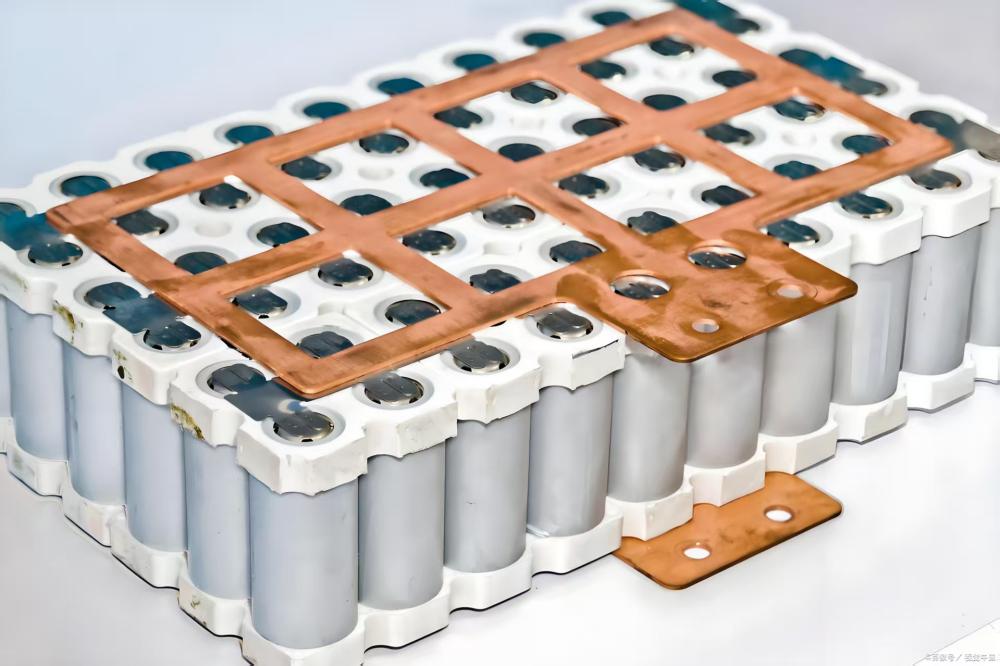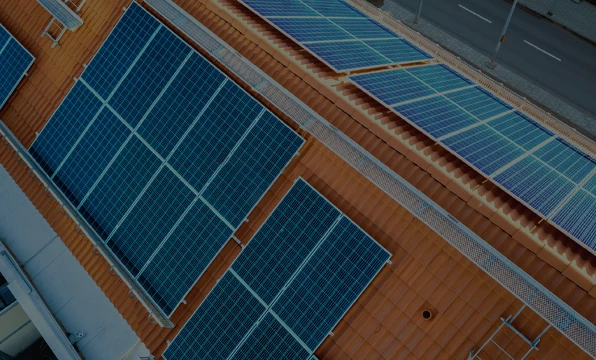Although ternary lithium batteries have advantages in energy density, lithium iron phosphate batteries have become the core choice of global energy transition due to their safety, long life, low cost and environmental protection.
In the field of lithium batteries, ternary lithium batteries (NCM/NCA) have long occupied the high-end market due to their high energy density, especially in the field of electric vehicles. However, in recent years, the rise of lithium iron phosphate batteries (LiFePO₄) has sparked a wide discussion: why have lithium iron phosphate batteries with lower energy density become the mainstream choice?
1. Safety: the "innate advantage" of lithium iron phosphate batteries
Although ternary lithium batteries have a high energy density (usually 200–300Wh/kg), they have poor thermal stability, with a thermal runaway temperature of only about 200°C, which is prone to fire or explosion under extreme conditions. The thermal runaway temperature of lithium iron phosphate batteries exceeds 500°C, and there is no risk of spontaneous combustion, which can remain stable even in harsh tests such as acupuncture and extrusion.
2. Cycle life: the "protracted battle" of lithium iron phosphate batteries
The cycle life of ternary lithium batteries is usually 1000-2000 times, while lithium iron phosphate batteries can reach 2000~10000 times (capacity attenuation to 80%). This means that the replacement cost of lithium iron phosphate batteries is lower in the same service life, which is especially suitable for long-term energy storage scenarios.
3. Cost-effectiveness: the "economic account" of lithium iron phosphate batteries
Despite the high energy density of ternary lithium batteries, their raw materials (cobalt, nickel) are expensive and unstable, resulting in high costs. Lithium iron phosphate batteries use cheap and abundant materials such as iron and phosphorus, and the cost is only 60%-70% of ternary lithium batteries.
4. Environmental protection: the "green label" of lithium iron phosphate batteries
Ternary lithium batteries contain heavy metals such as cobalt and nickel, which is difficult to recycle and has a high risk of pollution. The lithium iron phosphate battery does not contain heavy metals, meets international environmental protection standards such as RoHS and REACH, and the recycling process is simpler.
 +86 13332949210
+86 13332949210 info@xihobattery.com
info@xihobattery.com







 Xiho
Xiho Apr 11 2025
Apr 11 2025











